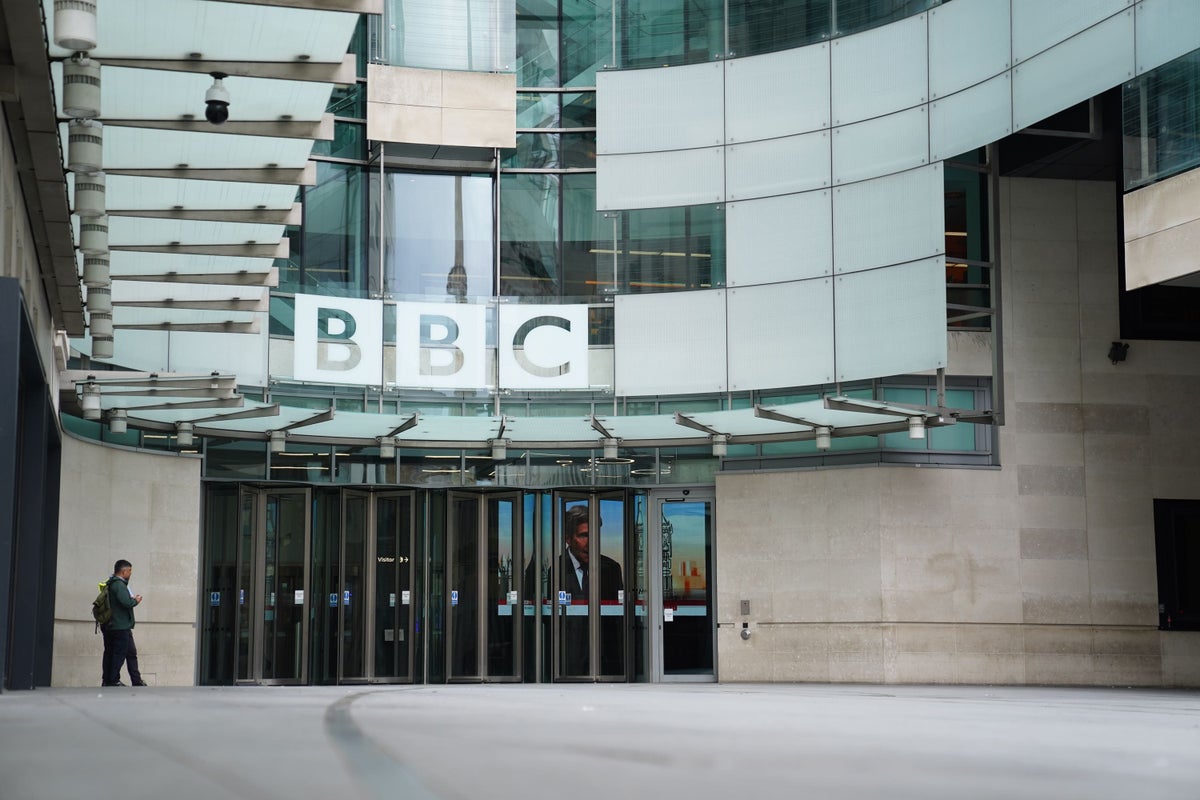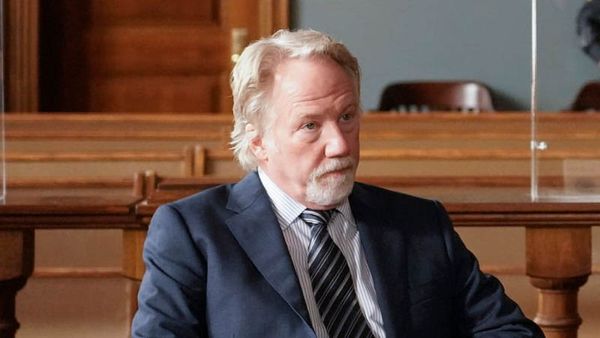
A high-profile BBC presenter has been accused of paying a teenager more than £35,000 for explicit pictures.
Once the allegations went public, the now-suspended star said, “what have you done?” in an effort to try and “stop the investigation”, it has been claimed.
It came afterThe Sun reported last week how the star allegedly appeared in his underwear in a video call and began paying the person for explicit content when the complainant was 17.
The BBC confirmed on Sunday it had made contact with the Metropolitan Police over the presenter’s reported actions.
As the scandal into the presenter’s alleged actions - and the initial response of the BBC - continue to be scrutinised, The Independent has looked at the possible criminal ramifications they could face.
Myles Jackman - the UK’s leading obscenity lawyer - said that based on the publicly available facts, the “severity” of the alleged offences would likely result in a custodial sentence in the event of a prosecution and conviction.
He cited The Protection of Children Act 1978 which prohibits any production, possession, or distribution of images of a sexual nature of children – which would apply if the person was 17 when the requests for images began, he said.
Under the act, possessing images of a child undertaking sexual acts had a starting sentence of 26 weeks in prison, he added.
Myles Jackman said mobile devices could be seized in the event of any arrest— (Myles Jackman)
Then, he said there were potential breaches under sections 44 - intentionally encouraging or assisting an offence - and 45 - encouraging or assisting an offence believing it will be committed - of the 2007 Serious Crime Act.
This is because of the allegation that the star watched material self-produced by a child and which had been solicited through their payments to the person, he explained.
Speaking to The Independent, he said: “The presumption (under The Protection of Children Act 1978) is that the person should go to prison and taking into account all of the other aggravating factors, I would have to say that suspended sentence looks unlikely.
“It’s an evolving situation and the information in the public domain has subtlety shifted. They are not only at risk of a custodial sentence for the images.
“Just trying to procure the images would also suggest an offence (Under the Serious Crime Act),” he continued.
“If the suggestion that the presenter in question contacted the complainant approximately a week ago, after the complaint had been made to the BBC, this would be an aggregating feature which may even amount to an attempt to pervert the court of justice.”
Mr Jackman said a “substantial number” of criminal offences may apply to the case as well as aggravating factors like abuse of trust and power.
“Depending on the full facts - even on the basic facts - they are looking at immediate custody and it would only be up to a judge to decide if any sentence could be suspended,” he added.
Mr Jackman also revealed that if the police decide to launch a criminal investigation and arrest the presenter - all of their mobile devices will be seized.
“There could be all sorts of things on the individual’s work computer as well as their personal devices,” he added.
And even if they do not supply the police with their passwords, evidence could still be gleaned from “metadata from the sender which will be stored on all the relevant networks”, he explained.
False accusations against Sir Cliff Richard in 2014 had an impact on reporting— (PA Wire)
Mark Stephens, media law expert and partner at Howard Kennedy, explained that there was a big change to the way the media approached reporting after Sir Cliff Richard won a privacy case against the BBC over its coverage of a South Yorkshire Police raid on his home in Sunningdale, Berkshire, after he was falsely accused of historical sex offences.
This was further entrenched when the Supreme Court, the UK’s highest court, ruled that a person being investigated for a crime generally has “a reasonable expectation of privacy”.
The landmark Supreme Court judgment related to a breach of privacy claim by a US citizen known only as ZXC, who was the chief executive of a regional division of a company, referred to as X Ltd.
In the first case on the issue considered by the court last year, five justices dismissed an appeal brought by financial organisation Bloomberg over the publication of information about a person under investigation by a legal enforcement body prior to charge.
On Monday, Mr Stephens said that following the Sir Cliff Richard case “…what was decided was that while an investigation was going on, the balance between right to privacy and freedom of expression or the public’s right to know, favoured keeping things private.
“That is why the Sun and no other newspaper has identified the presenter, and part of that was to avoid this social media frenzy with names being bandied about.”
Over the years, several cases including that of ZXC and Sir Cliff have meant it has become much more difficult for the media to name people before they are charged with a criminal offence.
Mr Stephens said there is a second layer of privacy, which is the “contractual arrangement” between the BBC and its members of staff.
“If there are allegations of inappropriate behaviour, or any other kind of breach of employment practice, they should be investigated confidentially,” he said.
“That’s doesn’t matter whether you’re a celebrity or in the local office or on the building site, the same law applies.
“That’s why Tim Davie (the director-general), for example, didn’t know because the HR department weren’t allowed to tell him because he didn’t have a need to know at that point in time.
“The problem with the second layer (of privacy) is that because the BBC can’t identify the individual. It also means that they can’t defend their innocent presenters who are being named.”







